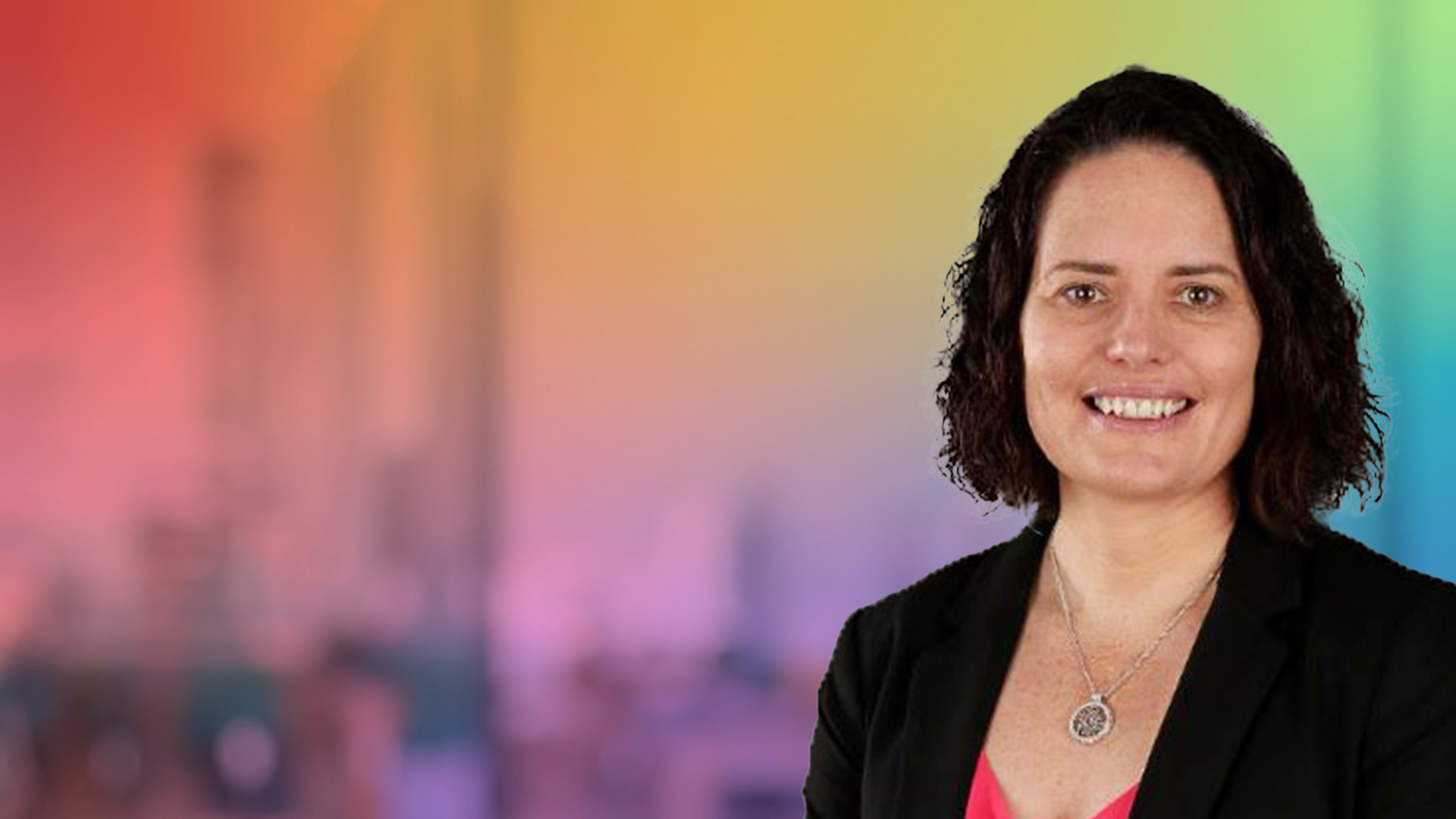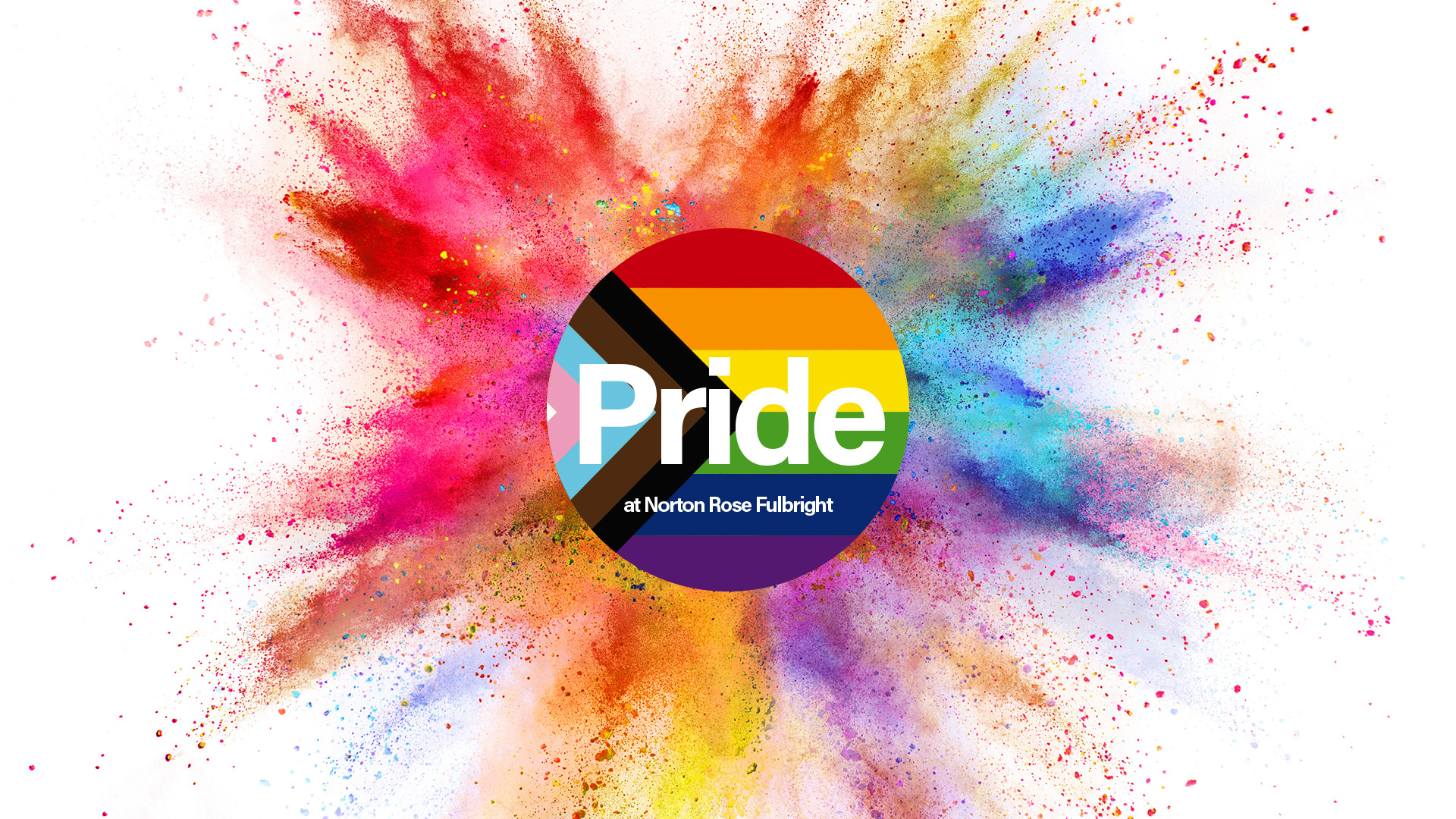Nikki Rollason, Director of Legal Operations - Australia based in Perth, discusses parenting and how her son's ADHD diagnosis led to her very own and her drive to break down the stigma surrounding neurodiversity.
I wasn't quite sure where to start and whether or not I was actually brave enough to do this. Then I sat down, thought about things, and realised that what I am doing now is exactly what I tell my son he needs to do every day... so here I go leading by example.
I am a proud mum to two boys – an eight-year-old and an 18-month-old. My partner and I each carried a child and feel very privileged to have been able to experience this miracle from both the birthing and non-birthing side. I'm not sure if that experience is fairly common within the broader LGBTIQ+ community but what I do know is there is content there for a completely different story.
Now I will get back to my being (or trying to be) brave.
It all began when my son Jackson was in pre-primary, around the age of five. His teachers noticed certain attention issues, and he stood out in a class of 30 kids as he couldn't sit quietly and focus on the teacher like the others. Thankfully, when he moved on to year one, he was placed in the class of a fantastic teacher who played a crucial role in navigating the process of getting him an attention-deficit hyperactivity disorder (ADHD) diagnosis.
Our son's need for support wasn't recognised initially because he wasn't disruptive or violent in class, but this teacher's understanding of how ADHD manifests in various ways was instrumental in our success. This teacher also became an inspiration for me to be brave and confront my own experiences. I witnessed how she dealt with unfair judgments from parents who implied she wasn't capable enough due to her being 'on the spectrum'.
During this journey, I realised that some people still hold outdated views of ADHD. When I was in school, ADHD was often seen as a 'naughty boys diagnosis', as if it were solely attributed to misbehaviour or poor parenting, and only applicable to boys.
As we sought professional help and recommendations for Jackson, it became clear that ADHD affected not only my son but also myself. I had lived my whole life undiagnosed. It was a revelation that came through Jackson's diagnosis. My partner had similar thoughts about me being on the spectrum, and the pediatrician's 'A-HA' moment confirmed our suspicions.
My son, now in year three, is taking medication for his ADHD and has been taking this for about two years now. He articulates that it makes him feel better, slows his brain down and helps to get rid of the 'noise' which allows him to focus on his friends and schoolwork. As a family, we decided that we were not going to hide the fact that Jackson was taking medication.After all, it is nothing to be ashamed of – if we were medicating any other organ in the body, it would not hold the same stigma.
ADHD has become a strength for me in performing my role. I believe that thinking differently and not conforming to conventional methods has allowed me to approach tasks with a unique perspective. ADHD manifests itself differently in females compared to males, which is why it hasn't historically been as easily diagnosed in women. However, the landscape is changing and more late-in-life diagnoses like mine are occurring.
My journey with ADHD has motivated me to break down the stigma associated with it. I want to be part of a conversation that leads to implementing changes within our firm, making it easier for those who are neurodivergent to reach their full potential. This journey has also made me reflect on how different things could have been if I had known about my own ADHD during my school years, university and early working life.
To navigate the challenges posed by ADHD, I have developed coping mechanisms. For instance, I find that shorter meetings are beneficial for not just those who are neurodivergent,but for everyone. I also make sure to have someone taking notes during meetings, allowing me to stay focused and actively take part without distractions. Additionally, I've learned the importance of taking breaks to eat and drink, although it's still a skill I continue to work on.
I see this as an opportunity to bring this out of the shadows and play a part in breaking down the stigma and start the conversation about what we can implement as a firm to make it a little bit easier for people who are neurodivergent to achieve their full capacity.
Neurodiversity can be a really positive part of who you are – like a super power!




